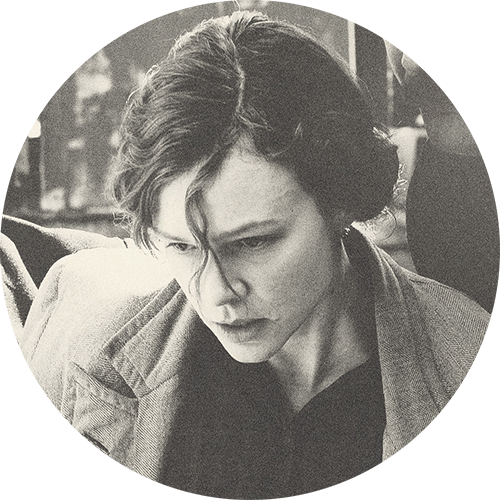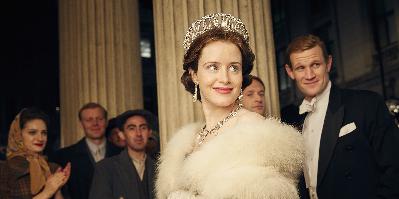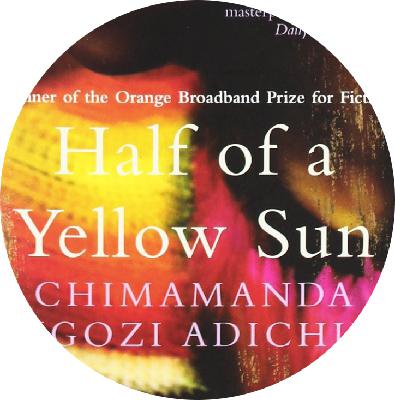Suffragette, 2015
Description
 by Gabriella Edelstein & Claudette Palomares
by Gabriella Edelstein & Claudette Palomares
Contents
Introduction: How Far Have We Really Come? by Gabriella Edelstein
Post-script: Sister Suffragette by Claudette Palomares
~
How Far Have We Really Come: Suffragette (2015)
The casting team of Suffragette made a very clever move when they approached Meryl Streep to play the legendary Emmeline Pankhurst. For many, Streep can play anyone and do anything and she will still be faultless. Indeed, I will lap up any Streep film with total unabashed adoration. Furthermore, she has been an ardent and vocal supporter for women’s rights (let’s just forget the fact that she calls herself a ‘Humanist’ instead of a ‘feminist’), and is held up as the bastion of female talent in Hollywood. Thus, in the most ostensible syllogism of 2015, I assumed: if Streep is feminist and playing a famous feminist in Suffragette, then surely Suffragette is a feminist film? Claudette and I found that this was far too convenient of an assumption.
The film tells a story of a group of East End working women’s involvement in the Suffragist movement in 1912. It’s protagonist is Maud Watts (Carey Mulligan), a washer in an industrial laundry, married to the somewhat hapless Sonny (Ben Whishaw). Through a series of coincidences she meets Violet (Anne-Marie Duff), who brings her into the company of other suffragettes, including Edith Ellyn (Helena Bonham-Carter). When she becomes further embroiled within the movement, her husband and community ultimately punish and expel her. Throughout the film, the suffragettes are pursued by Inspector Steed (Brendon Gleeson), who is almost Terminator-like in his lack of empathy and persistence. Besides Streep’s Pankhurst, the only other non-fictional character is Emily Davidson (Natalie Press). For a film intent on telling women’s stories, they made the interesting choice of amalgamating several women for the purpose of narrative convenience.
I keep asking myself whilst watching the film: what was its point? What was its aim? And where does it position itself along the timeline of feminism? Is this a self-congratulatory coda to the movement? A film that says, “It’s okay everyone, we have equal rights in the West so let’s make a movie about the Suffragettes to remember how bad it used to be”. Or, is it meant to inspire further change? I also doubt that it’s meant to be educational, even if it positions itself as a representation of a particular historical moment. It’s especially hard to take that position seriously when its protagonist is a homogenised embodiment of different figures and the film doesn’t give a proper overview of the Suffragette Movement. It’s hardly high art, as Claudette said in our discussion, the filmmaking is just ‘serviceable’. The film doesn’t do much to inspire impassioned rage in its audience, nor does it make us look back and say to ourselves in a grateful tone oh look how far we’ve come when we remember that besides voting rights, things aren’t exactly tickety-boo for women even now.
Ultimately I wonder: does this film even have a reason to exist? It seems to me that Suffragette’s raison d’être is an appeal to the emotions as a way to induce sympathy for the early feminists; it’s an historical melodrama and that’s about it. The force-feeding scene was powerful and reinforced the violence women have experienced in their fight for equality. If that is the only message the film wishes to have, then sure, it succeeds. I think, unfortunately, that the film set itself up with lofty ambitions as a visualised feminist manifesto but was let down by its inability to live up to those expectations. This isn’t the great depiction of the Suffragette movement that I was hoping for, one that would add fuel to the fire of current feminist thinking (and hopefully we won’t have to wait another 100 years before someone has the courage to make another film about a feminist movement).
Despite all this, I would still say that Suffragette is important and worth the watch. Why? Because it inspires us to have these conversations about feminism in the first place. Any film about the fight for freedom and the rights of the downtrodden has value, and this is something we easily forget.
–Gabriella Edelstein, November 2015
~
The conversation
39mins.


















